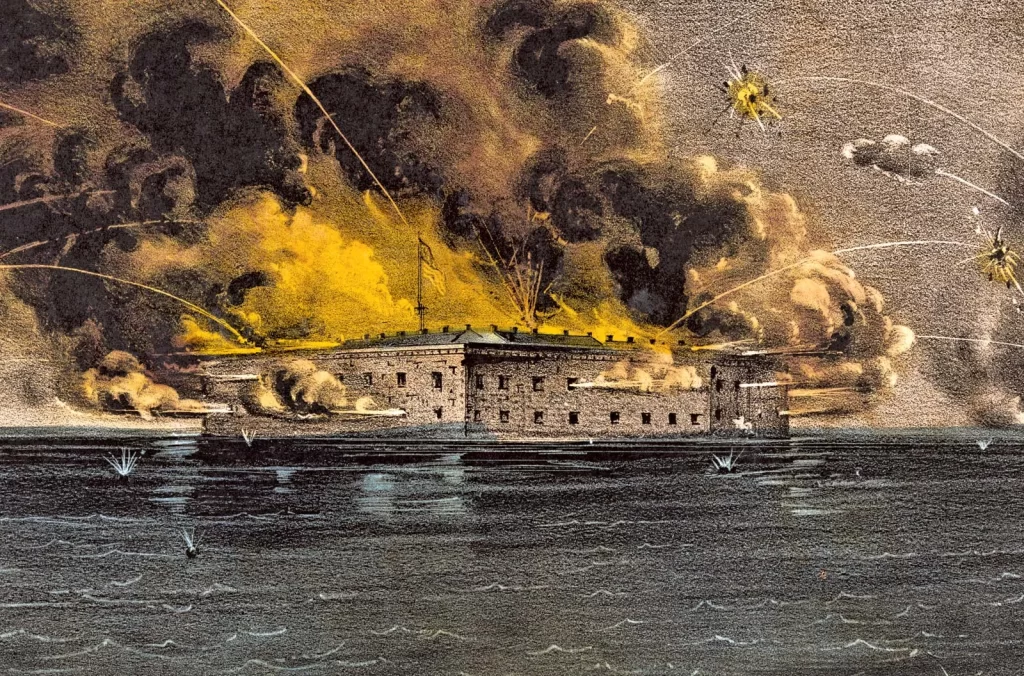
The year 1863 was likely the critical one in the Civil War, largely because of two battles. Both were fought about the same time, in July. Gettysburg happened over three days, while Vicksburg had been considerably longer and far more complex, with Grierson’s Raid, the Battles of Jackson and Port Gobson, and the long siege that saw town citizens hiding in caves from the shelling and subsisting on whatever food sources might be available.
But the year saw far more than only two battles. The Emancipation Proclamation went into full effect; former slaves were forming into Union regiments; the Union instituted a conscription act, which resulted in days of draft riots in New York City; Knoxville was occupied by Union forces; the Confederates experienced a great victory at Chancellorsville; and more.

It is one thing to read the accounts of battles, new military weapons, the privations brought by blockades. It is quite another to read the personal accounts of the people who lived this era. That’s what this Library of America series on the Civil War does (four volumes in all), and the third volume, The Civil War: The Third Year Told by Those Who Lived It, is just as good as its two predecessors.
Edited by Arizona State University professor Brooks Simpson, the work makes the war personal in a way that history books usually can’t. You read the letters of Robert Gould Shaw, who commanded the 54th Massachusetts Regiment (the first all-Black regiment) and who died with so many of his men in the assault on Battery Wagner outside Charleston. You read the accounts left by Kate Stone, a young Louisiana woman as slaves and Union troops overran her family’s plantation. You read about inflation and food riots in Southern cities. You read the letters home written by soldiers who didn’t know whether or not they would survive the coming battle.
And you read the correspondence between commanding generals and their presidents, and the letters that William Sherman and Ulysses Grant wrote home. One of the most moving letters was written by Grant to Sherman, explaining that Lincoln had put him in charge of the Union armies and what Grant owed to his commanding generals like Sherman. You learn that anti-war northern Democrats long agitated against Lincoln and the war, to the point where a former Ohio congressman was arrested for treason, tried, convicted, and then expelled to the South.

This was never just a story about battles.
Simpson (born 1957) is a history professor at Arizona State. He received his B.A. degree from the University of Virginia and his M.A. and Ph.D. degrees from the University of Wisconsin-Madison. He’s written or co-written numerous books about the Civil War and related areas, including accounts of emancipation, Ulysses Grant, Lincoln, the collapse of the Confederacy, the eastern theater, Reconstruction, and an illustrated history of the war.
The Civil War: The Third Year Told by Those Who Lived It makes the war personal and immediate. You experience the full scope of people’s responses and experiences – the fear, anger, horror, grief, and, sometimes, even hope.
Top photograph: Some of the caves that Vicksburg residents lived in during the siege by Union forces.


